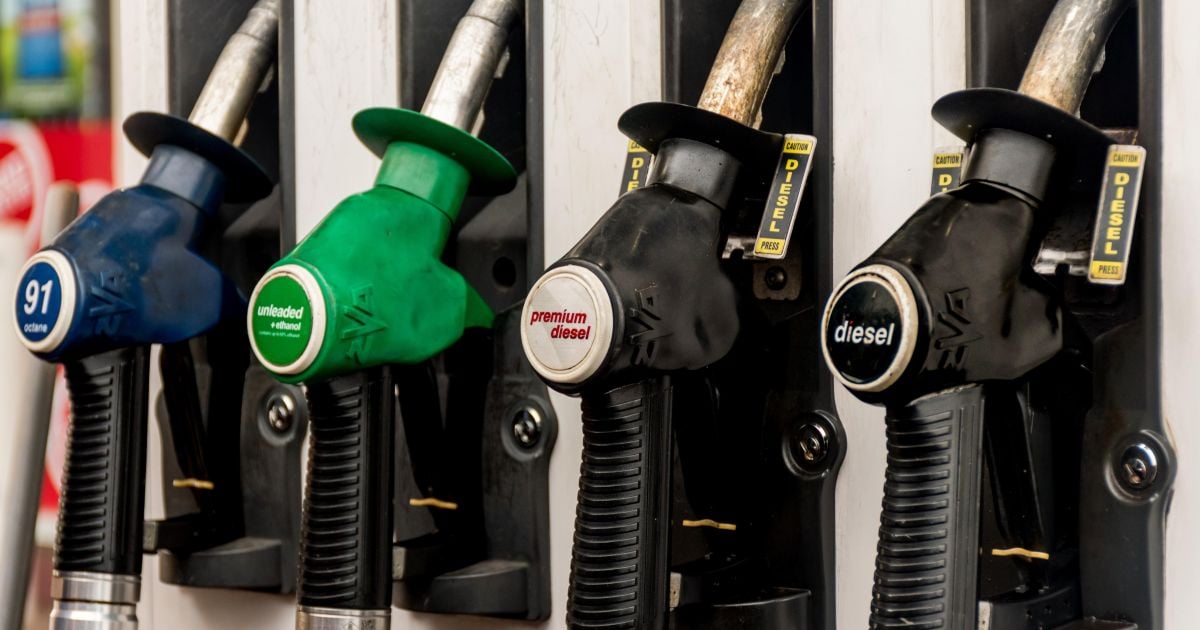Key Points
- Australia has hit seven Israelis with financial sanctions and travel bans over violence in the West Bank.
- Sanctions were also imposed on a youth group for inciting and perpetrating violence against Palestinian communities.
- Foreign Minister Penny Wong said the sanctions were imposed after “careful consideration”.
The Australian government has imposed financial sanctions and travel bans on seven Israeli individuals and one organisation involved in settler violence against Palestinians in the West Bank.
The move comes days after and should be withdrawn as soon as possible.
The Israeli government dismissed the ICJ’s non-binding advisory opinion as “blatantly one-sided”.
The seven Israelis Australia has imposed targeted financial sanctions and travel bans on are Yinon Levi, Zvi Bar Yosef, Neria Ben Pazi, Elisha Yered, David Chai Chasdai, Einan Tanjil, and Meir Ettinger, according to the ABC.
Prime Minister Anthony Albanese said settlements in the West Bank stood in the way of a two-state solution, which would allow Israel and a Palestinian state to exist side by side.
“We’ve made this decision because it’s the right thing to do,” he told reporters in Sydney on Thursday.
“Settlements in the West Bank are an impediment to a two-state solution, they are illegal in international law and the fact that there has been an expansion of settlements over this current period is something that the government has opposed.”
The organisation sanctioned is the religious group Hilltop Youth, which Foreign Minister Penny Wong said was responsible for “inciting and perpetrating violence against Palestinian communities”.
The sanctions are the first Australia has imposed on Israelis over settler violence in the West Bank.
Wong said the sanctions were imposed after “careful consideration”, and marked a “substantial penalty”.
“These individuals have been involved in violent attacks on Palestinians, including things such as beating, sexual assault and torture, resulting in serious injury and in some cases death,” she told ABC Radio National’s AM program on Thursday morning.
“We would expect that all Australians would recognise the weight of these sanctions.”
When asked why individuals were being targeted by the sanctions when the expansion and defence of settlements were an Israeli government policy, Wong said Australia had been “clear in terms of state-to-state relations about our view”.
“They (settlements) are unlawful under international law. We’ve been clear about that,” she said.
“We have also said that we want to continue to take steps towards a two-state solution.
“I appreciate that that may not be the view of some people in the Israeli government, but that is the view of the Australian government.”
Opposition home affairs spokesperson James Paterson has called on the government to act consistently on human rights.
“Settler violence is a crime, it’s morally wrong, and it is not conducive to a two-state solution, and Australia does have a role in discouraging acts like that from occurring,” he told Sky News.
“If it is the case that the government is …following our like-minded partners, why hasn’t it done so in relation to very serious human rights abuses against the Uyghur ethnic minority in Xinjiang [China]?”
China has denied committing human rights violations in the region.
The sanctions from Australia follow a United States decision to sanction entities and individuals connected to acts of violence against civilians in the West Bank.
Israel’s more than nine-month-long bombing campaign and ground offensive in Gaza has killed almost 40,000 Palestinians since 7 October, according to the local health ministry.
Almost , while 495,000 are facing catastrophic levels of food insecurity.
“We consider that the situation in Gaza now is catastrophic and we are deeply, deeply worried and distressed by what we are seeing,” Wong said.
Israel’s campaign was a response to Hamas’ 7 October attack, when the group killed 1,200 people and took more than 200 hostages, according to the Israeli government.
With the Australian Associated Press.






